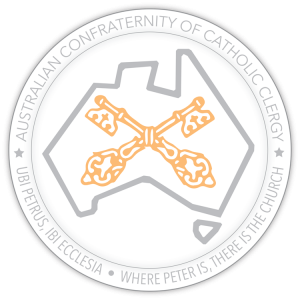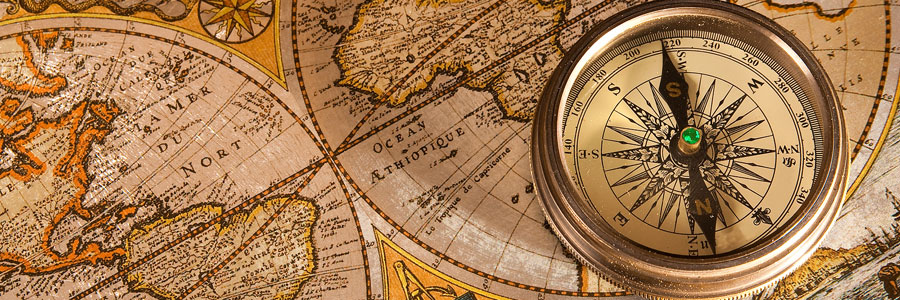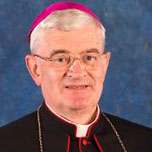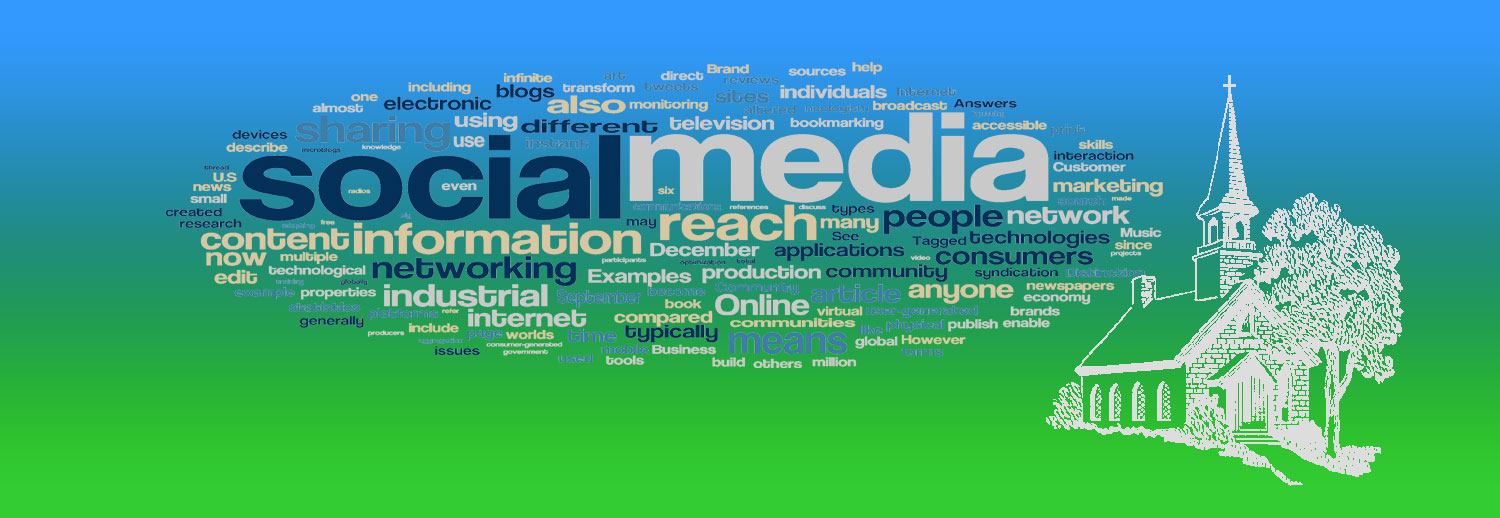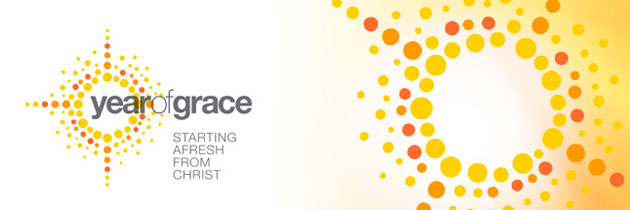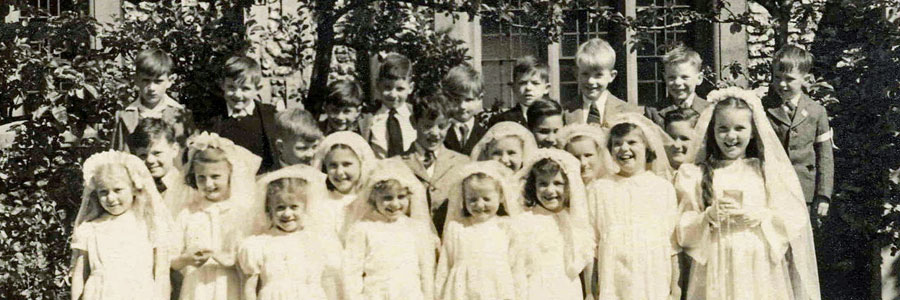As an avid map-reader and navigator, I like to know where I am, so I can work out where to go next. This practical habit developed at the age of eleven, while steering dazed parents and a grizzling younger brother around post-War London, where we spent six months. Often they would ask, “But how did you know the way to this place?” Ignoring mystical implications that perhaps I had “been there before”, in some other incarnation, the question usually provoked much waving of a large map with irritable explanations of the evident rationality of North, South, East and West and the useful shape of the River Thames.
At present I am taking some new bearings. The past two months have set me on a surprising course with many fascinating uncertainties, notwithstanding the clear guidelines for the ministry of a bishop. But even when a map is to hand we may recall the Dubliner who was asked for directions to a certain place. Having given characteristically complex and unnecessary information, he finally added, “But I wouldn’t start here.”
We have no choice. We have to start here, where we find ourselves, and tonight we are at a fine dinner in the delightful company of brother priests. So I hope most of us know where we are at this moment, unlike that perplexed old priest in Oxford who said that to find out what came next he would first have to wake up and then carefully look at what he was wearing: “If I have my pyjamas on, I know I have to go down and say Mass. If I have my cassock on, I know it’s time to go down and take tea.”
In the pilgrim journey of our Church we think more in terms of time, not space, but we often use the favoured metaphor of the Barque of Peter, that great ship pressing forward, often amidst storms, at times becalmed, occasionally putting into a safe haven. The metaphor also frees us from an individualistic approach, for we think of ourselves as the crew on this ship.
In an Australian perspective the prospects for the voyage are good. World Youth Day glistens ahead of us. This event may not be a safe haven, and, to switch metaphors, it is no silver bullet, but it will surely lead to great and wonderful developments and possibilities.
The current developments of the Roman Liturgy offer another cause for hope, particularly the prospect of a new translation of the post-conciliar Mass that is accurate, beautiful and gracious. The appearance of the General Instruction of the Roman Missal in an official English translation for Australia will help stabilise worship forms and settle some issues regarding the renovation of churches. The Motu Proprio, Summorum Pontificum, widening the scope for the Missal of Pope John XXIII can only have good effects within the Church, particularly in calling us to recollected and reverent celebration of the Holy Sacrifice. For priests these are all signs of a better era ahead as the ship takes a steady course.
At first sight Ecumenism may not seem to offer particularly hopeful prospects, until we stop and realise how Ecumenism is now part of us. We are, or should be, comfortable and relaxed in the company of other Christians. I have recently ventured into Evangelical-Pentecostal-Catholic dialogue, and feel quite at home, just as I maintain links with Anglicans within the Anglican Communion and in the Traditional Anglican Church circle.
Ecumenical friendships help us realise to what extent many internal issues in Catholicism have settled down since 1978. The effects of the long and steady pontificate of the Servant of God, John Paul II, and the continuity of the era of our Holy Father Pope Benedict XVI have brought greater stability and genuine renewal, for example in terms of priestly vocations. Thanks to these Popes, we enjoy the peaceful resolution of the very issues that divide, confuse and weaken other Christian communions and communities: sexual ethics, human life ethics, the ordination of women, etc.
Nevertheless, when other uncertainties arise, we need to identify where we are, so as to confront unresolved issues. The broadest one is surely the hermeneutic of the Council. Pope Benedict has put his finger on this key question of interpretation, hence application, of the documents and consequences of the Council. The Holy Father proposes, what he envisions for all theology, the hermeneutic of continuity.
We need to return to the Vatican II sources, to read them again. But may God spare us from the reaction of a priest who told me that, to mark the fortieth anniversary of the end of the Council, he sat down and carefully read all the documents. Then he put them down and said, “Well. That was that.” He responded with irony, because his agenda has not been realised. He had based himself on the “spirit of the Council” and either he did not find “that” in the sources or the documents did not lead where he chose them to go. Clergy in his circle misinterpreted the Council, and having set themselves up as the promoters of a false hermeneutic, they are disillusioned.
Evangelisation is another unresolved issue. In spite of the magnificent guidance of Paul VI in Evangelii Nuntiandi and the timely “New Evangelisation” of John Paul II, confusion, paper shuffling and much waffle seem to reign. What does “evangelisation” really mean? Are we naïve if we believe it means converting non-believers to faith in Jesus Christ and membership in his authentic Church? Surely this is an area where we need to simplify matters and “cut to the chase”.
The Religious Life raises many unresolved and complex questions. I am not “a religious” and am wary of treading on this ground, but, taken generally, the prospects for the religious life in this country are not wonderful. Of course much energy has been channelled into the new religious movements, and some of these include or lead into forms of the religious life. But I would hope that the classical forms of religious life can undergo revival. Priests ask “Where can we send young men and women who show interest in the religious life?” Perhaps radically new structures are needed and we pray that this may be one fruit of World Youth Day.
Catholics today are more focused on the Bible. The place and the interpretation of the Scriptures will be the theme of the next World Synod of Bishops. But few have taken on board the Council’s understanding of the sources that together constitute “the Word of God:” Scripture and Tradition. In some quarters we suffer from a pervasive Biblicism, a sola scriptura approach which I have found among various Catholic teachers, in a somewhat liberal Protestant form. Some more conservative Catholics are likewise prone to biblical fundamentalism, which they absorb from sources beyond the Church such as television evangelists. Our challenge is to rediscover Scripture in the light of Tradition, particularly through patristic studies – and note that this is precisely the focus of the Holy Father in the current series of his Wednesday audiences.
Much is made of a growing interest in “spirituality”, particularly among the young. But, alongside good material and a return to classical authors, phoney spirituality bubbles up and seeps through the Church in Australia. Spiritual heresies are more subtle and elusive than doctrinal errors. The belated arrival of “New Age” nonsense in the Church, such as “eco-feminism”, “creation spirituality” and “ecotheology”, is a matter that requires serious attention. To counteract it, we have to be able to direct people to better sources and sound guides. As with the religious life, in some parts of Australia basic questions arise, “But where do I sent people to do a retreat? How do I find a good spiritual director?”
So far, I have asked “Where are we now?” as a jumping off point. But each of us needs to ask, “Where am I now?” Taking bearings is all very well if you intend to go somewhere. But you cannot move unless you are free, that is, mobile. I believe that the immediate personal challenge to immobile priests is to free oneself from the recent past. This applies to priests right across the board, of all ages and shades of opinion.
There is a tendency to dote on bad memories, to rake up what happened in seminary days or that unhappy phase in parish ministry, to whine about the mistakes of superiors, to brood on the hurtful and shameful scandals of some of our brethren a few years ago, or to allow injustices, real or imagined, to fester. But all Catholics, laity, religious and clergy, need to be free from dwelling on the recent past or we cannot confront the real issues. Introspection has wasted too much spiritual and evangelical energy in the Church.
As we work in the “real world”, we see that the culture wars are intensifying. Bad thought is transformed into wicked actions, particularly the descent into the culture of death and the war on marriage and the family being run in our media and the legislatures. What should be of particular concern to priests is the collapse of basic ethics in the wider community.
Once the ethical walls collapse, the culture wars are lost.
Many people are now persuaded that the end justifies the means – which is the key to the whole cloning and embryo experimentation debate. Here, the ethics of the doctors of Auschwitz have triumphed. The littlest people, unborn humans, can be used as genetical quarries and killed to make big people better. Frankly that is no different than what Dr Mengele and the Nazi scientists did to Jews, Gypsies and Polish Catholics. Those men were agents of a regime that at the same time strictly forbade such experimentation on dogs or rabbits!
Our people are manipulated by the media, encouraged to feel but not to think. Everything is subjective and sentimental, so “compassionate”, so “tolerant”, as a sinister post-modern reshaping of reality descends into post-modern fantasyland. Recently the predictable Sunday Age gave front-page coverage to two Lesbian mothers. One re-defined the reality of the biological father of their child. She said, “Sam does not have a father; he has someone who helped bring him into the world.” Well, madam, forget the “facts of life”. Now we all know the truth. It wasn’t daddy, it was the stork after all!
In such a world of illusions and delusions, our politicians need ethical guidance – and some are looking for it. But do you know your local politicians? Pro-life leaders are encouraging the clergy to get to know politicians, to enter into dialogue with them, to be there with them.
The post-modern world is also full of fear. This mood is associated with all sorts of familiar preoccupations: climate change, or climate shift as one leading scientist prudently calls it, global warming, energy crisis, globalisation, not forgetting terrorism and associated tensions. Into such a world we bring the Gospel message of hope and inner peace.
Bishops, priests and deacons are called to be messengers of the hope of Jesus Christ. As our great ship moves forward, the crew need to be full of hope, so as to inspire all the people on board, developing what Fr Bernard Bassett described as “the ministry of encouragement”. Thus we can help guide the progress of what Belloc once called the one and only vessel for the one and only journey. Yet, all along, we know that there is a steady hand on the tiller of Peter’s Barque, for the hand of the Fisherman is held in a greater divine Hand, the firm but gentle grip of the One who will surely bring us all home to the eternal shores.
